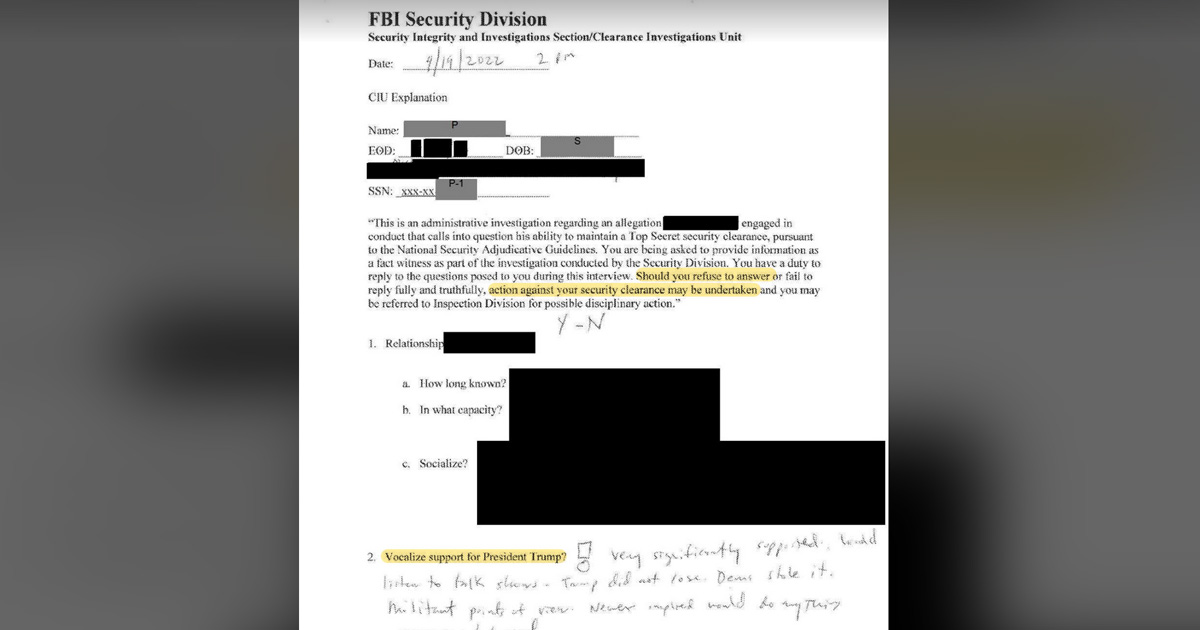Judge Aileen Cannon, in a move that has been perceived as favorable to former President Donald Trump, has granted a delay in the classified documents trial by extending a court deadline.
This development marks a significant legal victory for Trump, as he navigates through various legal challenges following his presidency.
The decision by Judge Cannon to push back the court deadline in the case involving classified documents has stirred both support and criticism within the legal and political spheres.
The extension granted by Judge Cannon allows Trump more time to prepare and present his case, a move that has been welcomed by his legal team.
In response to this decision, Trump’s attorney issued a statement expressing gratitude for the extension: “We are pleased with Judge Cannon’s ruling granting us additional time to properly address these important issues.” The attorney further emphasized the complexity of the case and the need for adequate time to review classified materials.
The delay in the trial comes amidst ongoing public scrutiny and legal battles surrounding Trump’s handling of classified information during his presidency. Critics have raised concerns about potential national security implications and transparency issues related to the handling of sensitive documents.
However, supporters of Trump view Judge Cannon’s decision as a fair and necessary step in ensuring a thorough examination of all relevant evidence. They argue that Trump deserves ample opportunity to defend himself against accusations of mishandling classified information.
The trial involving classified documents is just one among several legal challenges facing Trump post-presidency. His legal team has been actively engaged in defending him against various lawsuits and investigations, including issues related to his tax returns and business dealings.
Trump’s delay in the classified documents trial raises questions about the broader implications for accountability and transparency within government institutions. As public figures like Trump navigate legal battles, it underscores the importance of upholding ethical standards and adhering to established protocols for handling sensitive information.
Critics have expressed concerns about potential delays leading to prolonged legal battles that may impede efforts towards achieving justice and accountability. They argue that timely resolution of such cases is essential for upholding the rule of law and ensuring accountability among public officials.
Judge Cannon’s decision to grant a delay in the classified documents trial has ignited debate among legal experts and political commentators. Some view this move as a necessary step to ensure due process, while others raise concerns about potential implications for transparency and accountability.
As Trump continues to navigate through various legal challenges, including those related to classified information, his actions are likely to remain under intense scrutiny from both supporters and critics. The outcome of these trials will have far-reaching implications not only for Trump personally but also for broader discussions around government accountability and transparency.
In conclusion, Judge Aileen Cannon’s decision to grant Donald Trump a delay in the classified documents trial represents a significant development in an already complex legal landscape. As this case unfolds, it will continue to fuel discussions around issues of accountability, transparency, and ethical conduct within government institutions.

